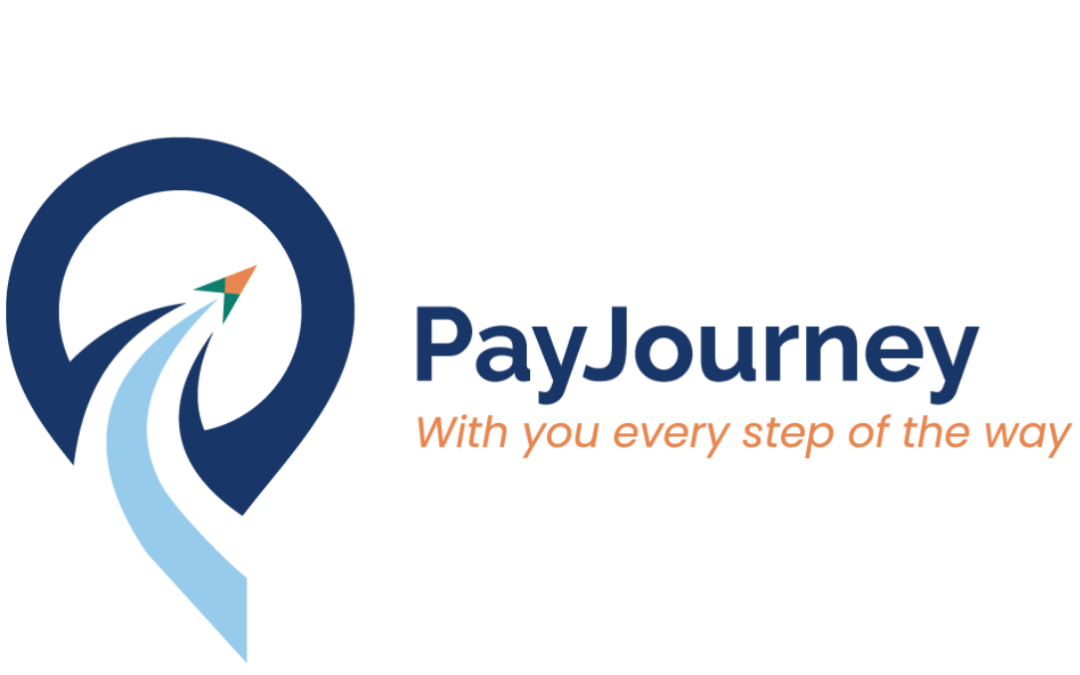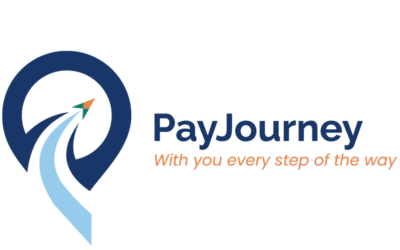Resources
How Frost-Arnett is changing the way providers approach patient payments.
Introducing PayJourney, the first comprehensive solution designed to revolutionize both the provider and patient payment experience. How Frost-Arnett is changing the way provider’s approach patient payments.
Contact

Payers vs. Providers: Increased Denials Cause Elevated Frustration
The relationship between healthcare providers and insurance payers is at a breaking point. What was once a shared...

PayJourney Includes the Option of Non-Recourse Loans to Increase Patient Payments
PayJourney™ is the healthcare industry’s first end-to-end concierge-service designed to improve the patient and provider financial experience – all...

Understanding AI, Machine Learning, and RPA in Healthcare Revenue Cycle Management: A Perspective from Frost-Arnett
In the rapidly evolving world of healthcare revenue cycle management (RCM), technology plays an essential role in improving efficiency, reducing errors, and enhancing customer interactions. Two of the most transformative technologies making an impact are Artificial Intelligence (AI) and Machine Learning (ML). These innovations are helping streamline processes, predict outcomes, and enable data-driven decision-making. But understanding the differences between AI, ML, and another related technology, Robotic Process Automation (RPA), can be a challenge. At Frost-Arnett, we are actively utilizing these technologies to improve our operations and customer service. In this blog post, we’ll break down these concepts and explain how they fit into the healthcare RCM landscape.

What is change management and why is it important?
In today’s fast-paced healthcare environment, health systems are constantly implementing new solutions to enhance operations and improve patient experiences. However, the reality of “implementation fatigue” is all too familiar. By managing the operational redesign, optimizing workflows, and providing hands-on training, Frost-Arnett significantly reduces the burden on your staff and accelerates the realization of benefits.

How Frost-Arnett is changing the way providers approach patient payments.
Introducing PayJourney, the first comprehensive solution designed to revolutionize both the provider and patient payment experience. How Frost-Arnett is changing the way provider’s approach patient payments.

Patients’ financial conditions change. Learn how to recover money you thought was lost.
Millions of dollars are written off each year for patients whose financial situations have changed or will change.

Streamlining Workflows and Increasing Recoveries Through Technology
How technology-driven workflows maximize recovery and reduce cost to collect

What is change management and why is it important?
Frost-Arnett’s Change Management Services significantly reduce the level of effort required in a technology solution implementation.

Data Security Keeping You Up At Night?
While you sleep peacefully, Frost-Arnett keeps data security at the forefront of everything we do, investing over 10 percent of our annual budget to the protection of data.

Optimizing Insurance Follow-Up: How Frost-Arnett Company Elevates Client Success
In healthcare, effective follow-up is crucial for maintaining cash flow, ensuring timely claims processing, and optimizing overall service...
Contact
PO Box 198988
Nashville, TN 37219
1 (855) 287-7043

